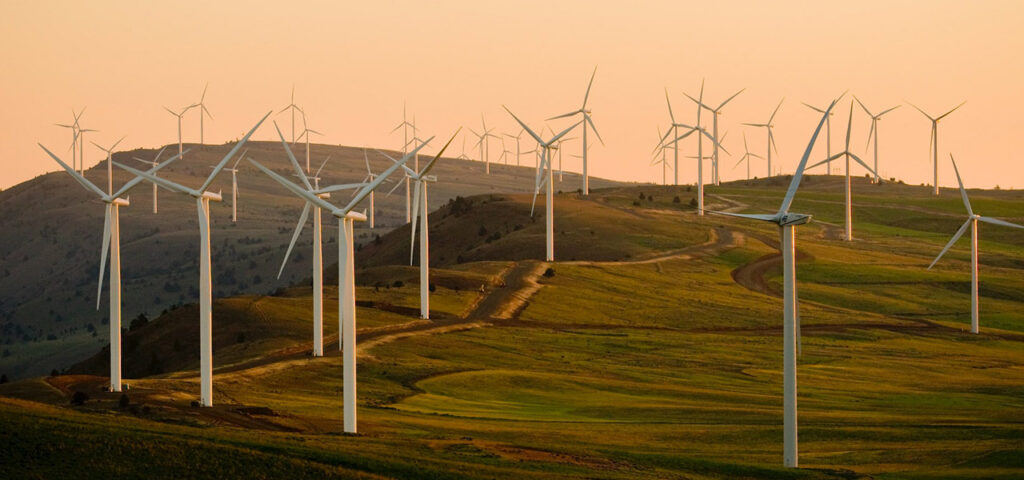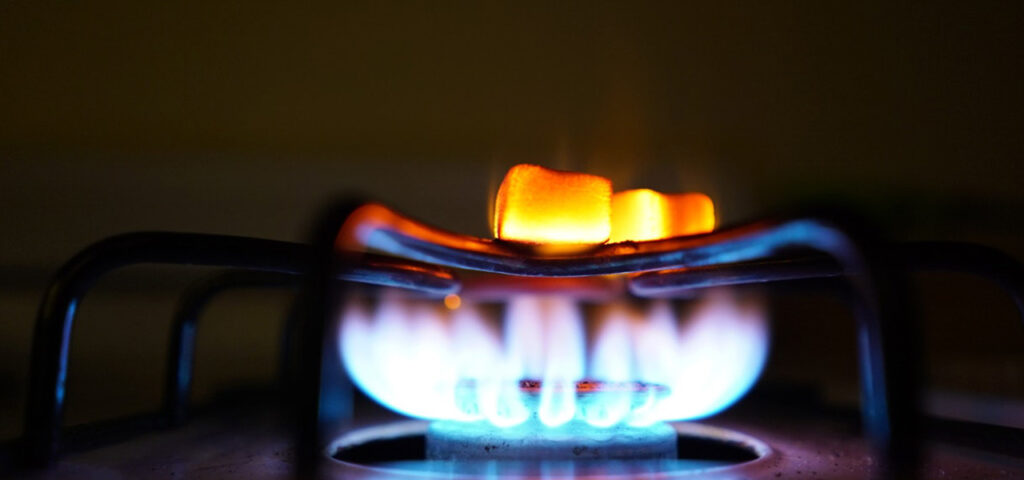What is the RE100 movement?
In 2021, more than 40% of the energy-related CO2 emissions came from the burning of fossil fuels solely for electricity generation. This is occurring just less than a decade away from the global commitment to halve emissions in 2030 (compared to 2010 levels) in order to keep global warming below 1.5°C. Therefore, large-scale movements away …






